Back in March, jokes and conspiracy theories were spreading around the internet in an attempt to “discover” Kate Middleton, the Princess of Wales’s whereabouts. Some of the most popular jokes about Middleton’s disappearance were that she got a Brazilian Butt Lift (BBL), had marital issues with Prince William, mental health issues, or was just growing out a bad haircut. The hashtag #WhereIsKate started trending on social media platforms, causing journalists to offer their perspective on the matter.
Kensington Palace stated repeatedly that Middleton was recuperating from a planned abdominal surgery that took place in January. An edited Mother’s Day image, posted on the palace’s social media platform, nevertheless, intensified the false rumors.
On March 22nd, many who had engaged in the online frenzy found themselves expressing remorse and regret after the princess ended her silence with a video message to the public, revealing that she had been diagnosed with cancer and was receiving ongoing chemotherapy.
Among the first to express regret, Blake Lively posted on Instagram: “I’m sure no one cares today, but I feel compelled to acknowledge this.” Reflecting on her last post, a photoshop joke inspired by the palace’s photoshopped Mother’s Day image, Lively confessed, “I made a silly post around the ‘photoshop fails’ frenzy, and oh man, that post has made me mortified today. I’m sorry.”
Since Middleton’s public announcement, people have expressed regret for making fun of the princess and have felt ashamed for taking part in the craze. The remorse that followed over the matter surrounding Middleton’s “disappearance” just goes to show there is an ongoing trend where inadequate information becomes content that influencers use on social media platforms to gain attention and followers. This has sparked discussions about how much privacy celebrities should have in their personal lives.
Sophie Forero ‘27 believes celebrities shouldn’t have complete privacy since it comes with the territory of fame, but she emphasizes the importance of constraints. “I think they should not have much privacy because I feel like that’s part of being a celebrity and that’s what they choose to be. However, I think that there should be boundaries, and they shouldn’t be bothered to an extreme point,” said Forero.
Ariana Heinert ‘25 agrees. “Celebrities know what they are getting into, but sometimes their fame might be extreme too. They deserve privacy, everyone does, but their life is so public and so easy to obsess over that it feels like you know them sometimes.”
Middleton’s situation serves as a reminder to refrain from making assumptions about individuals’ lives when you don’t have sufficient information. As Glamour magazine stated, “The Princess of Wales may be a public figure, but she’s not public property.”
The media can make privacy issues worse by exaggerating every little thing celebrities post online. Celebrities may find it difficult to retain any sort of privacy because of the intense scrutiny brought on by this excessive attention. “The rise of social media has impacted celebrity privacy by making it way easier for people, especially fans, to access their information,” said Sabrina Sondon ‘25.
Anastasia Leyva agrees and believes that it is important for the media and fans to respect celebrities’ privacy while still engaging with them. “I believe that the media ought to respect privacy by the boundaries that are set by the celebrities,” said Leyva. “These boundaries should be based on the realization that celebrities are also humans with flaws, and that exposing them in order to sell a story could potentially be detrimental to the celebrity.”


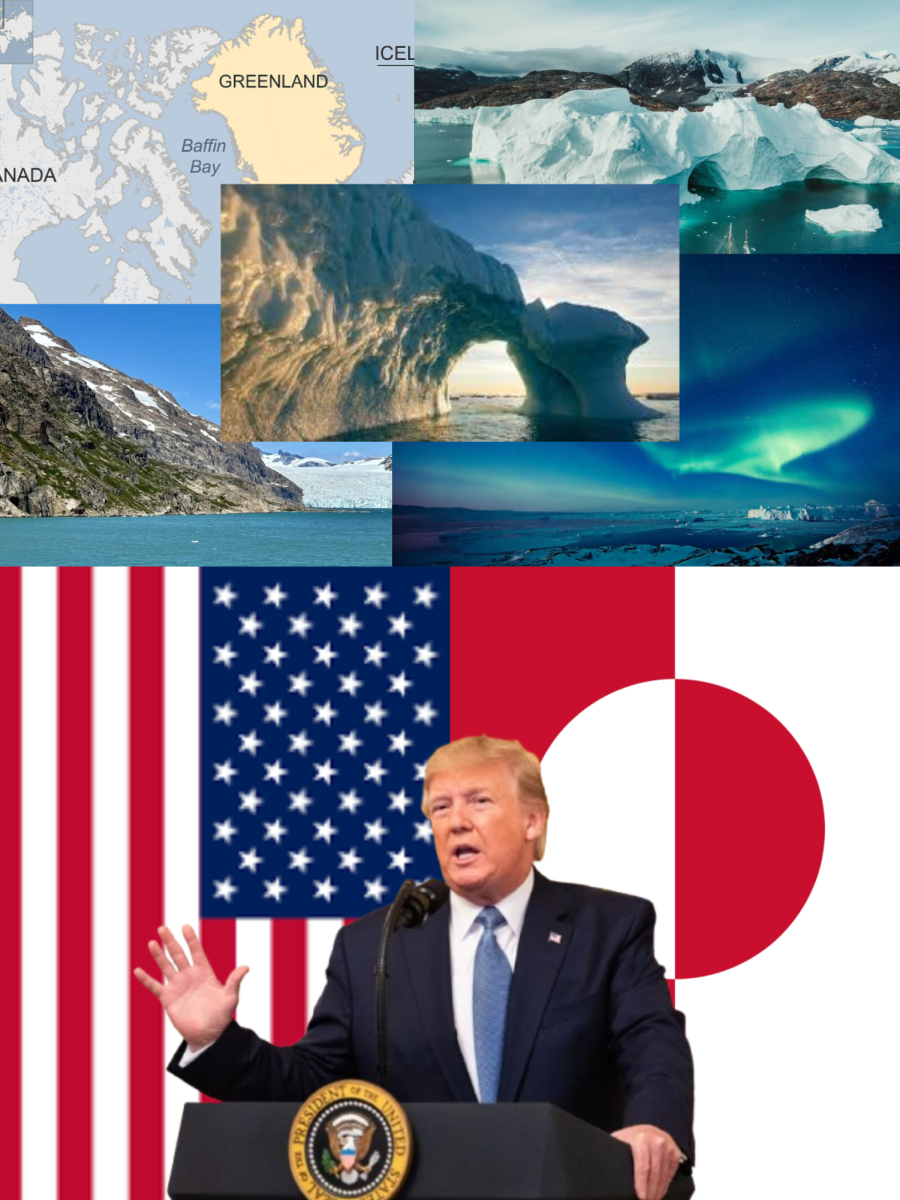

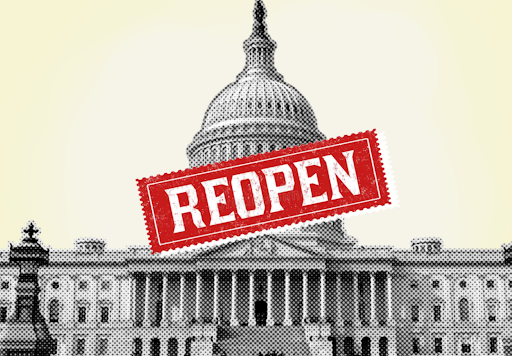

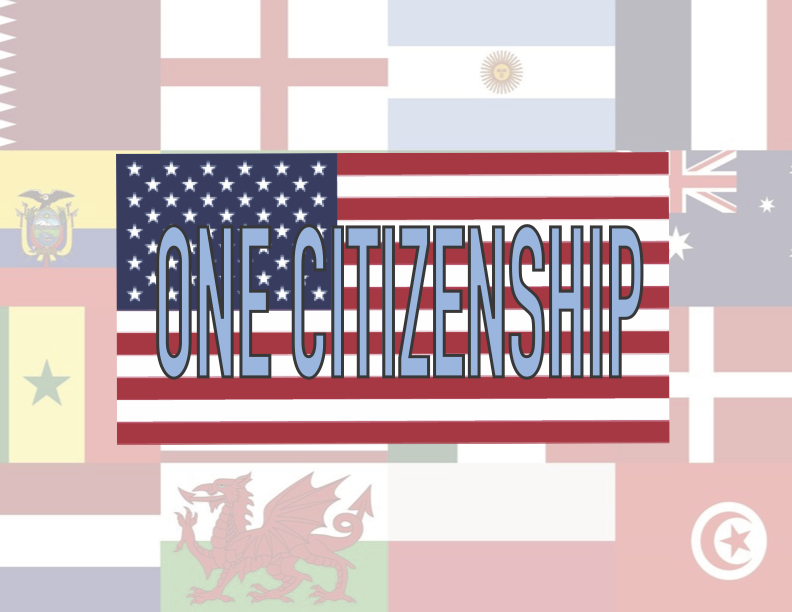

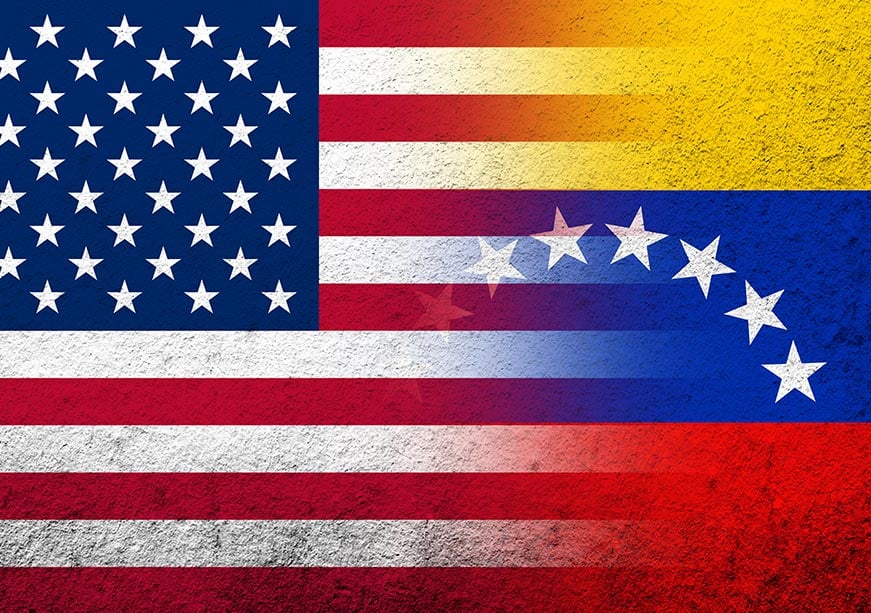
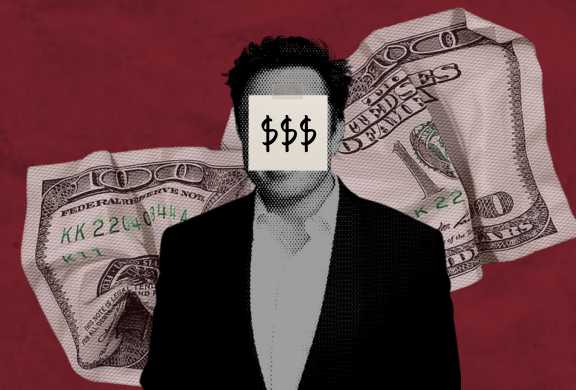





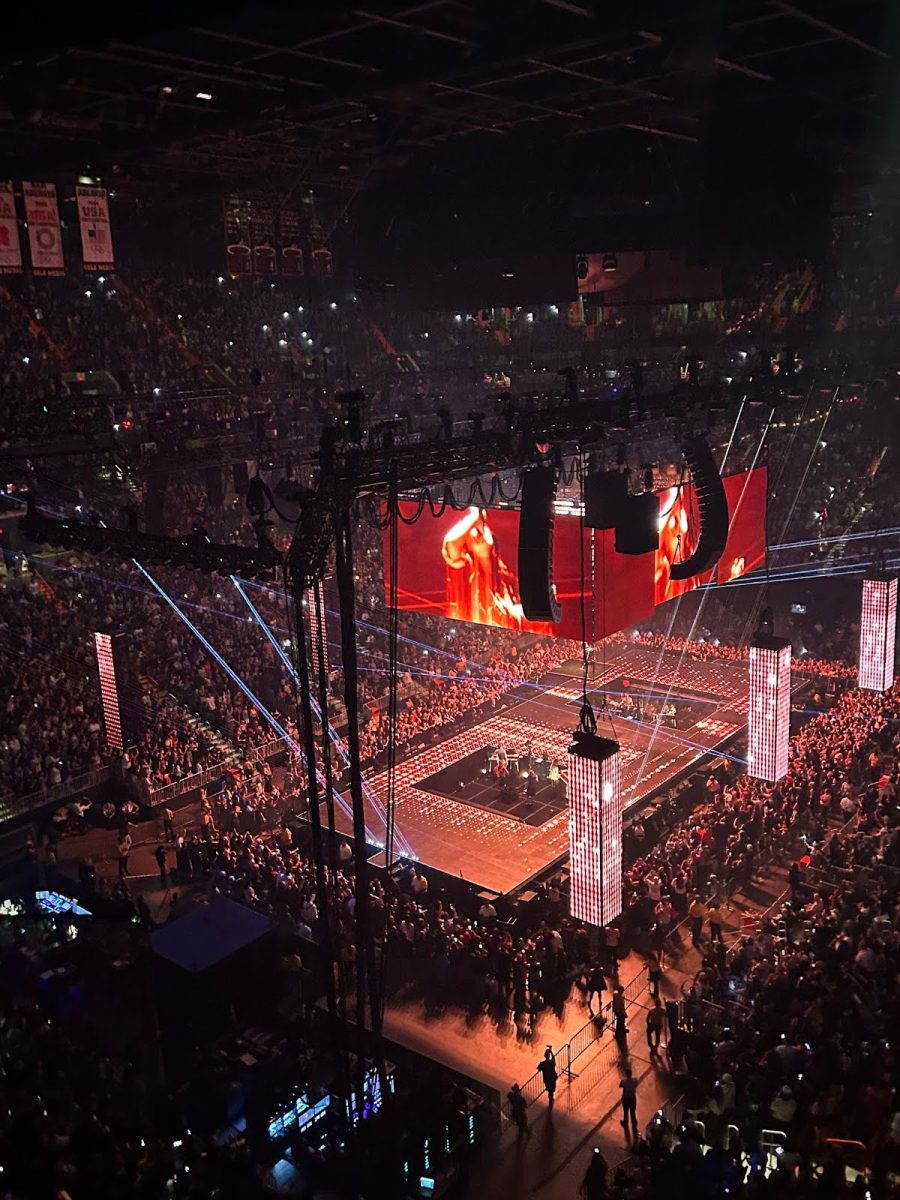

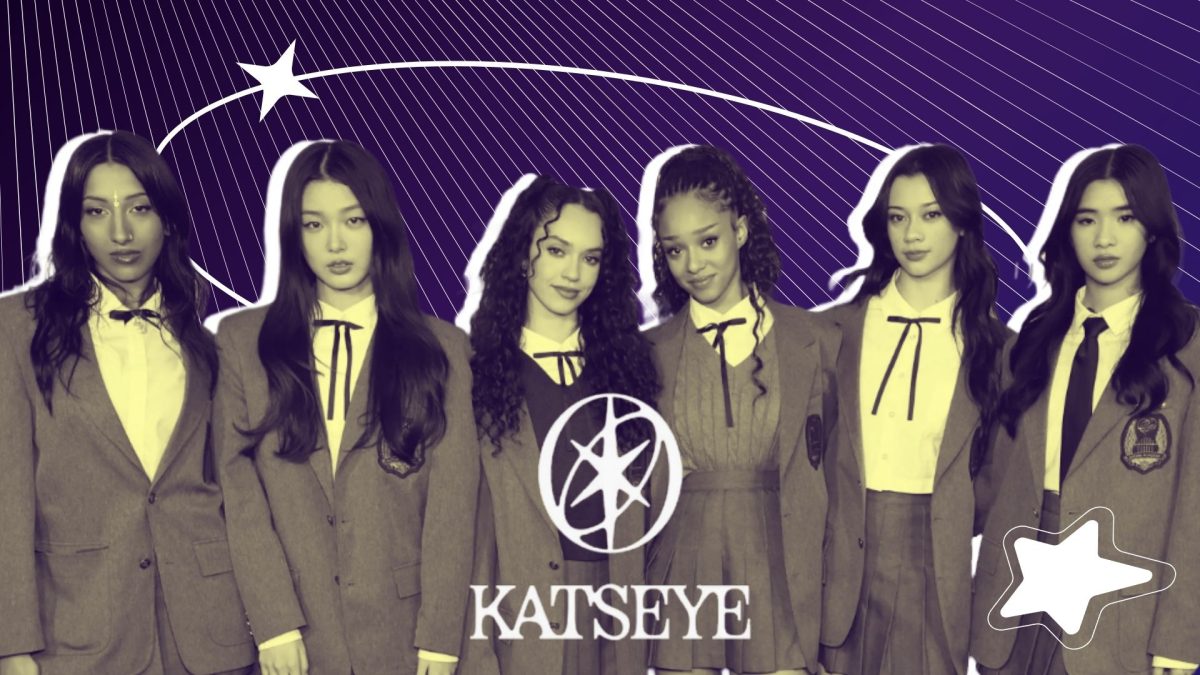
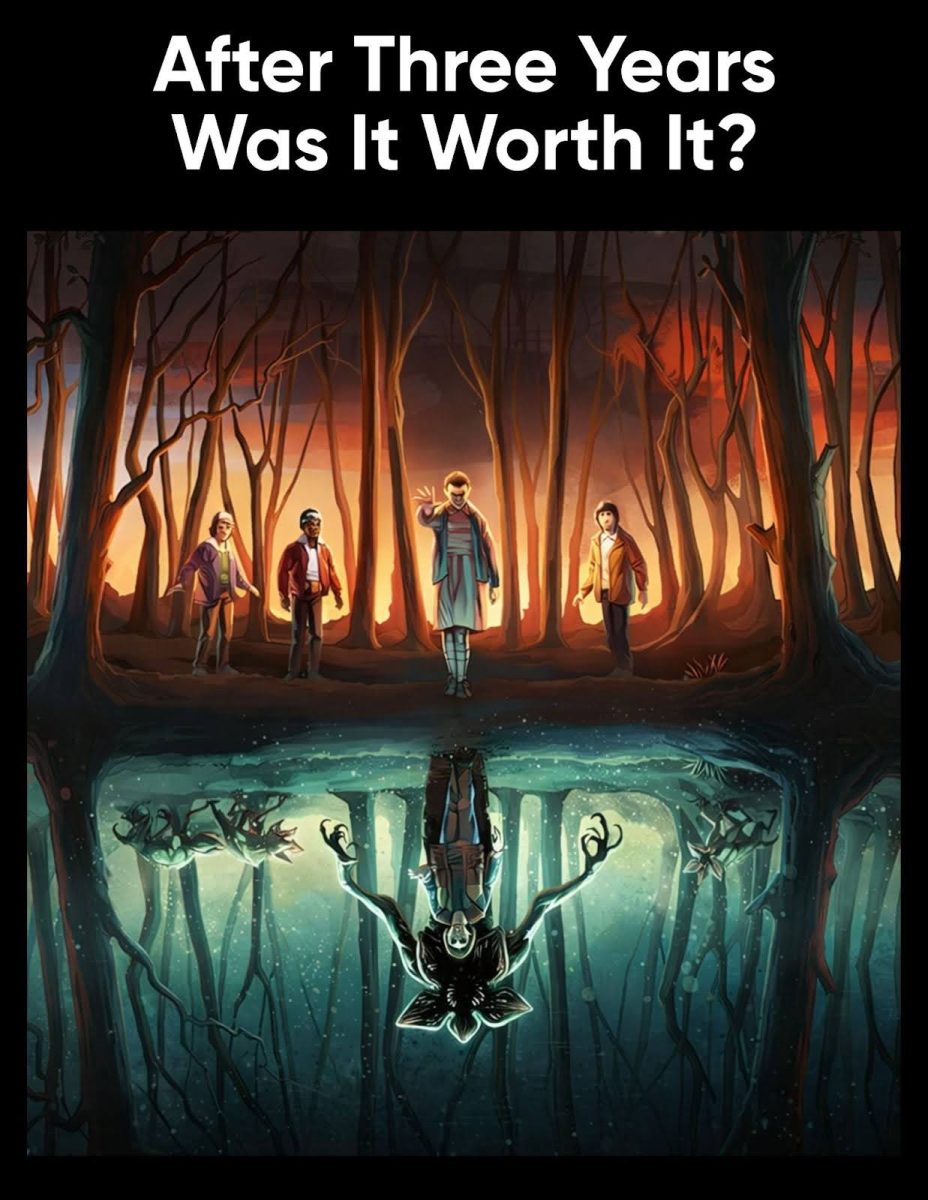
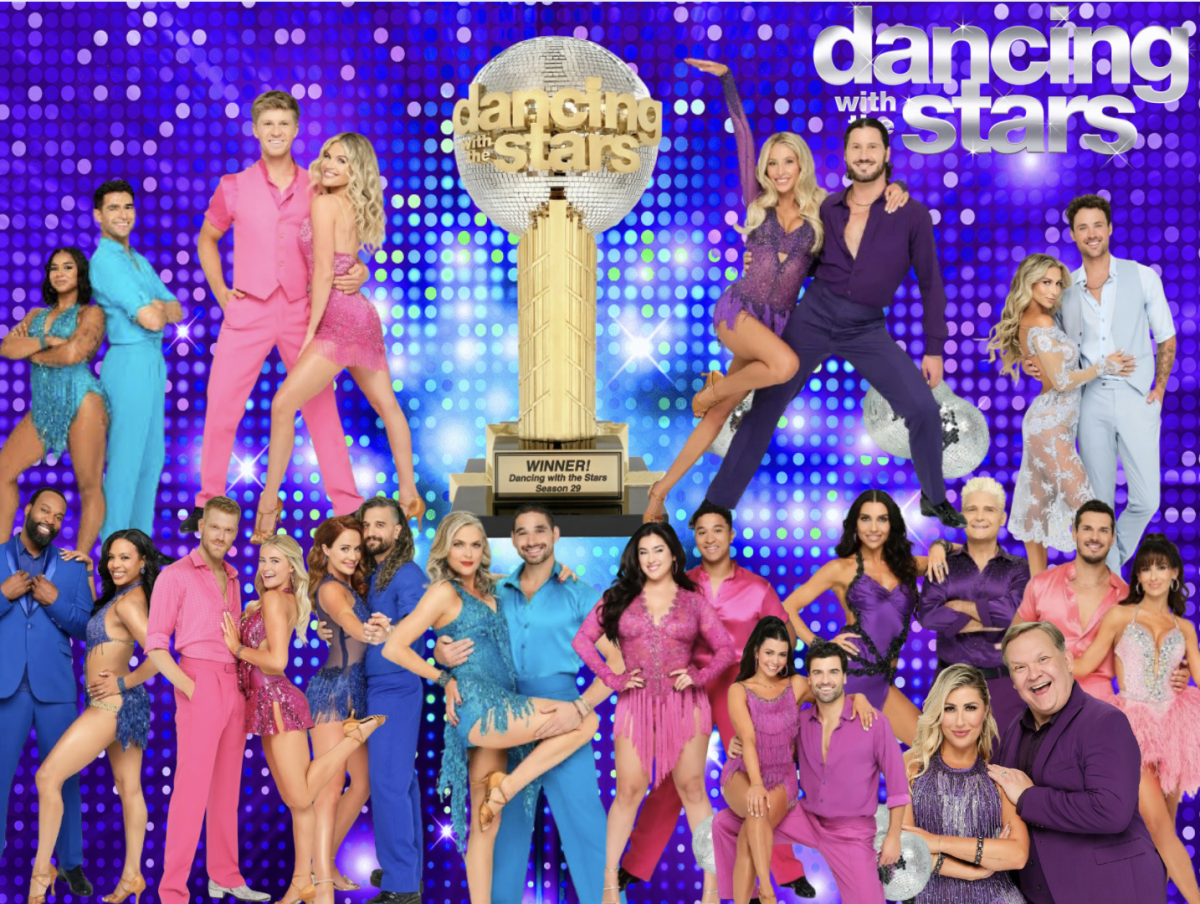

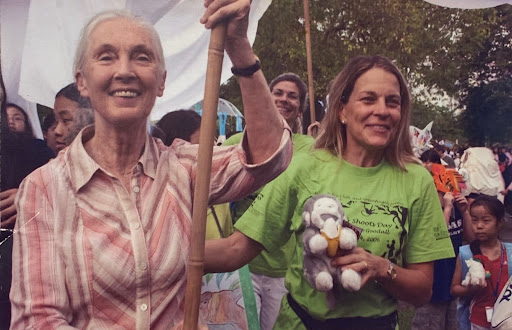


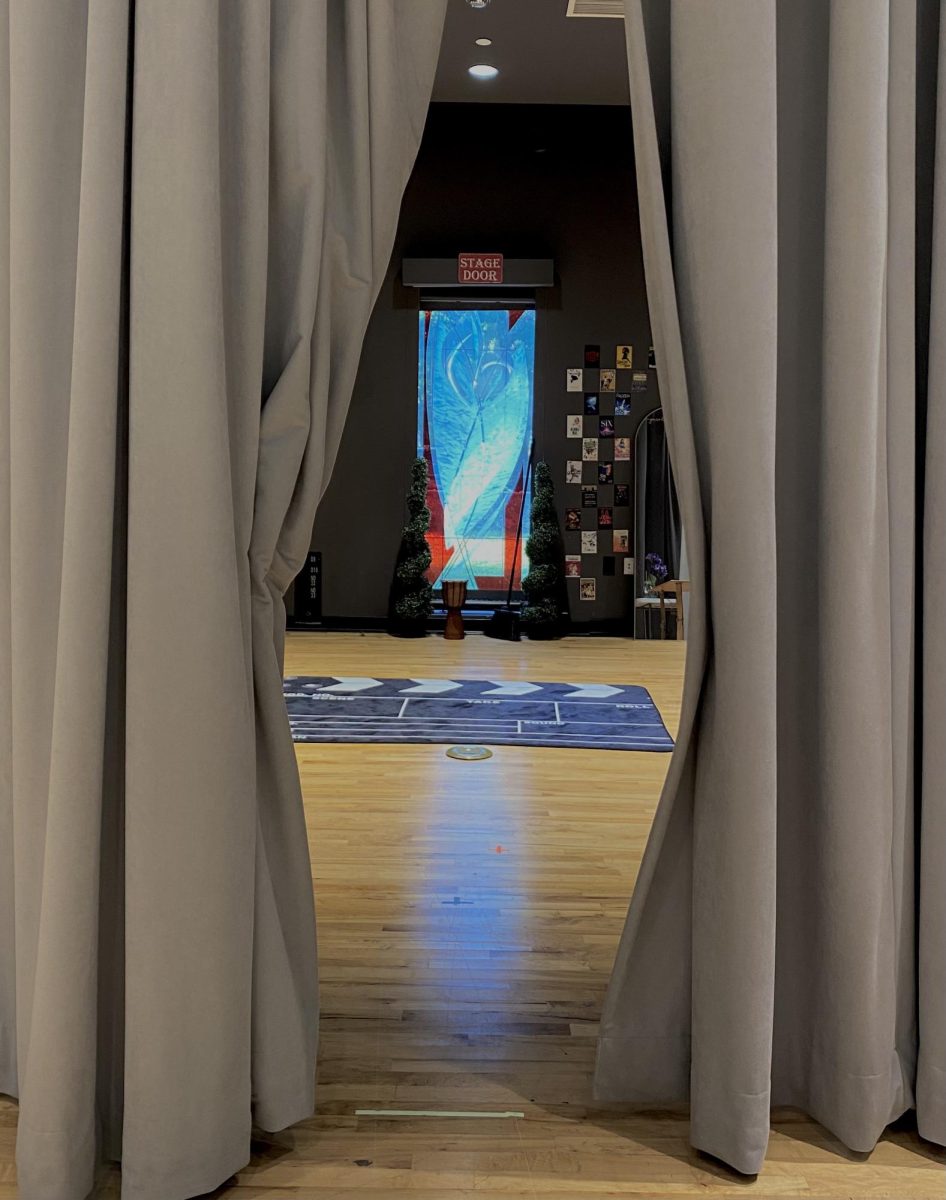
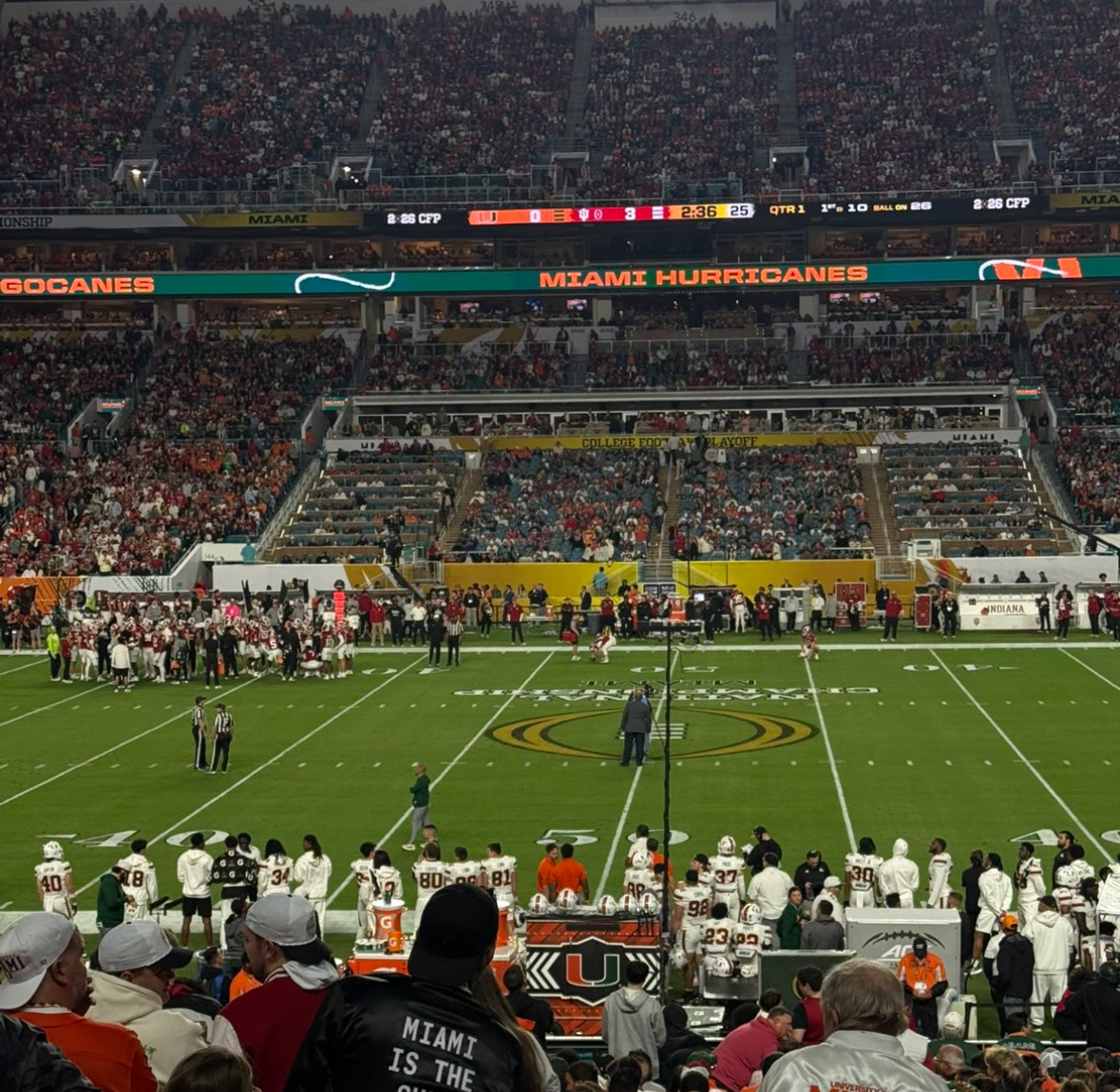



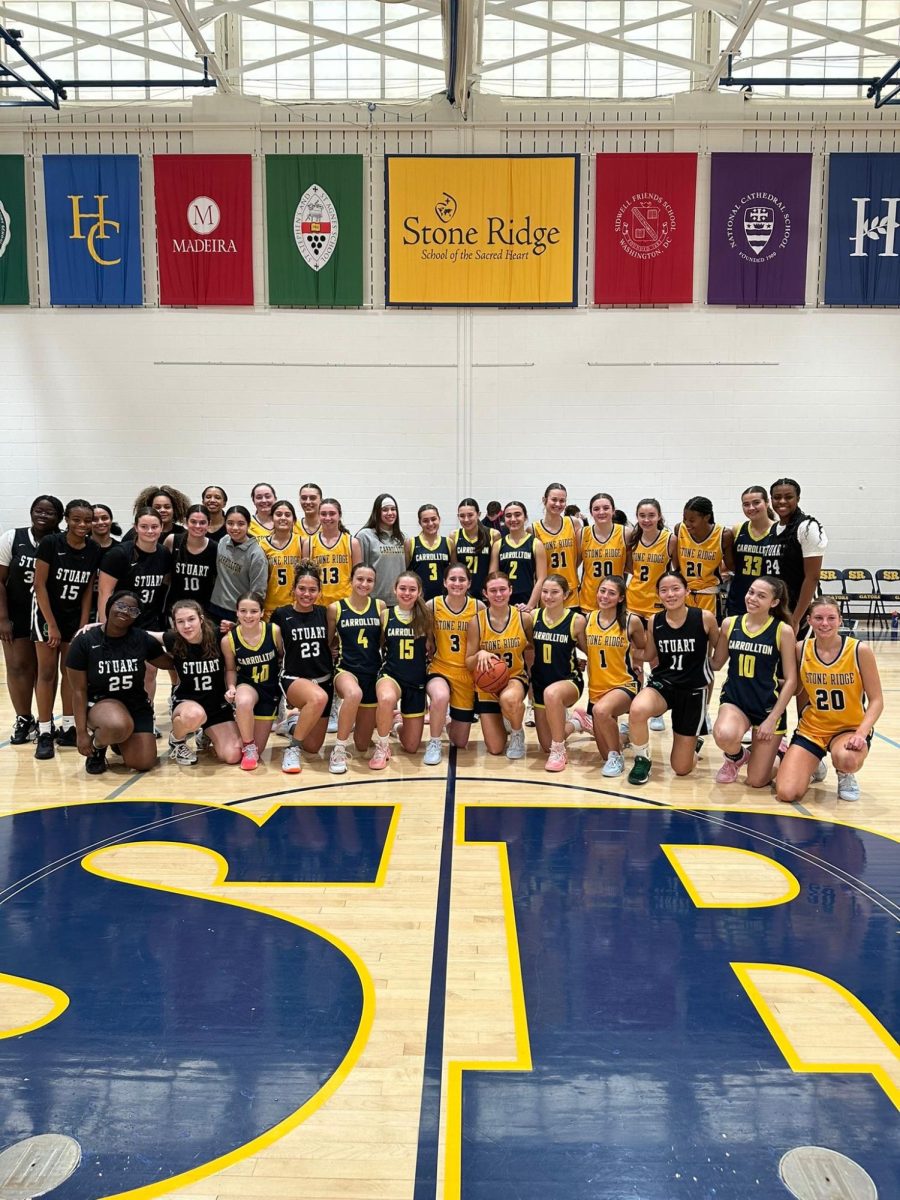

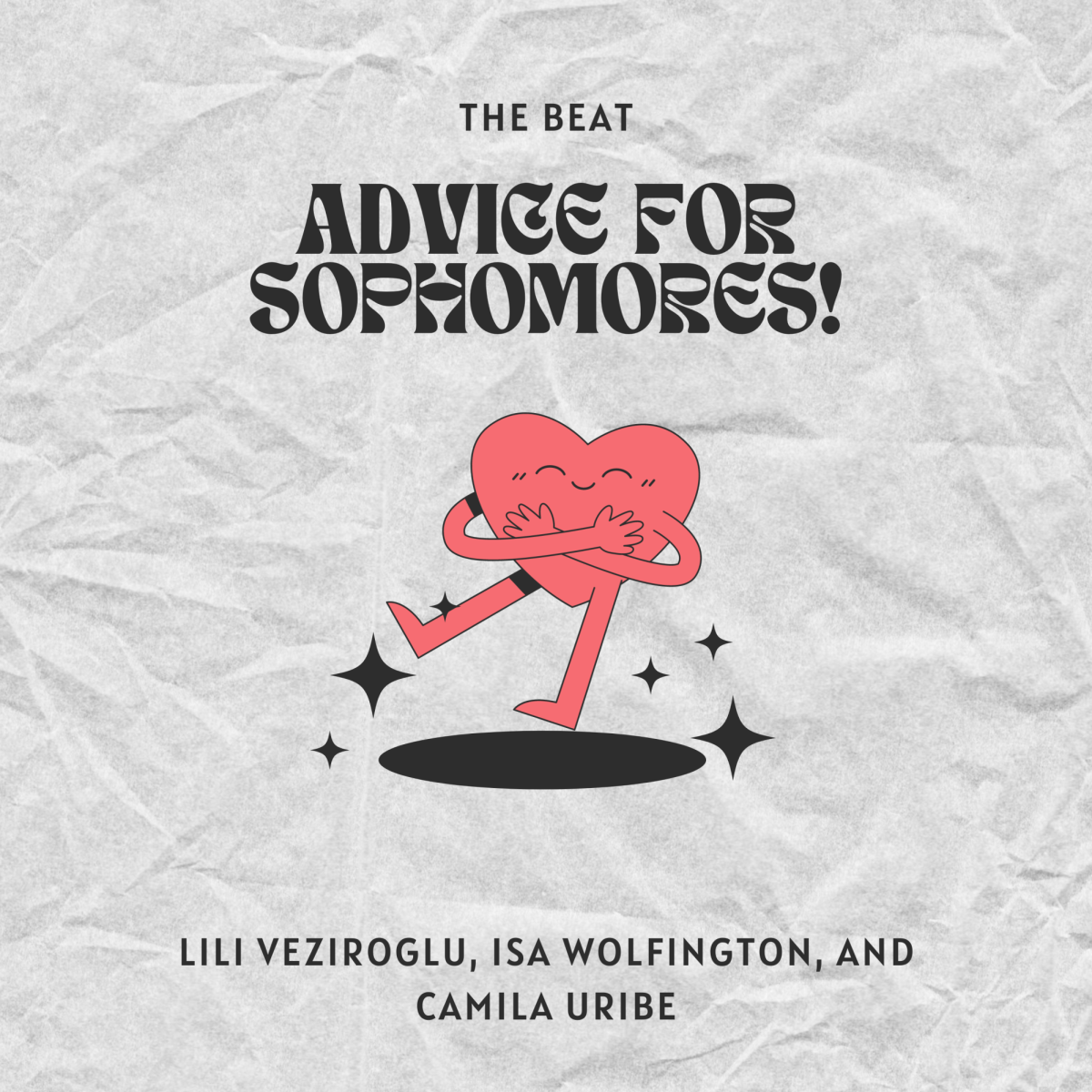
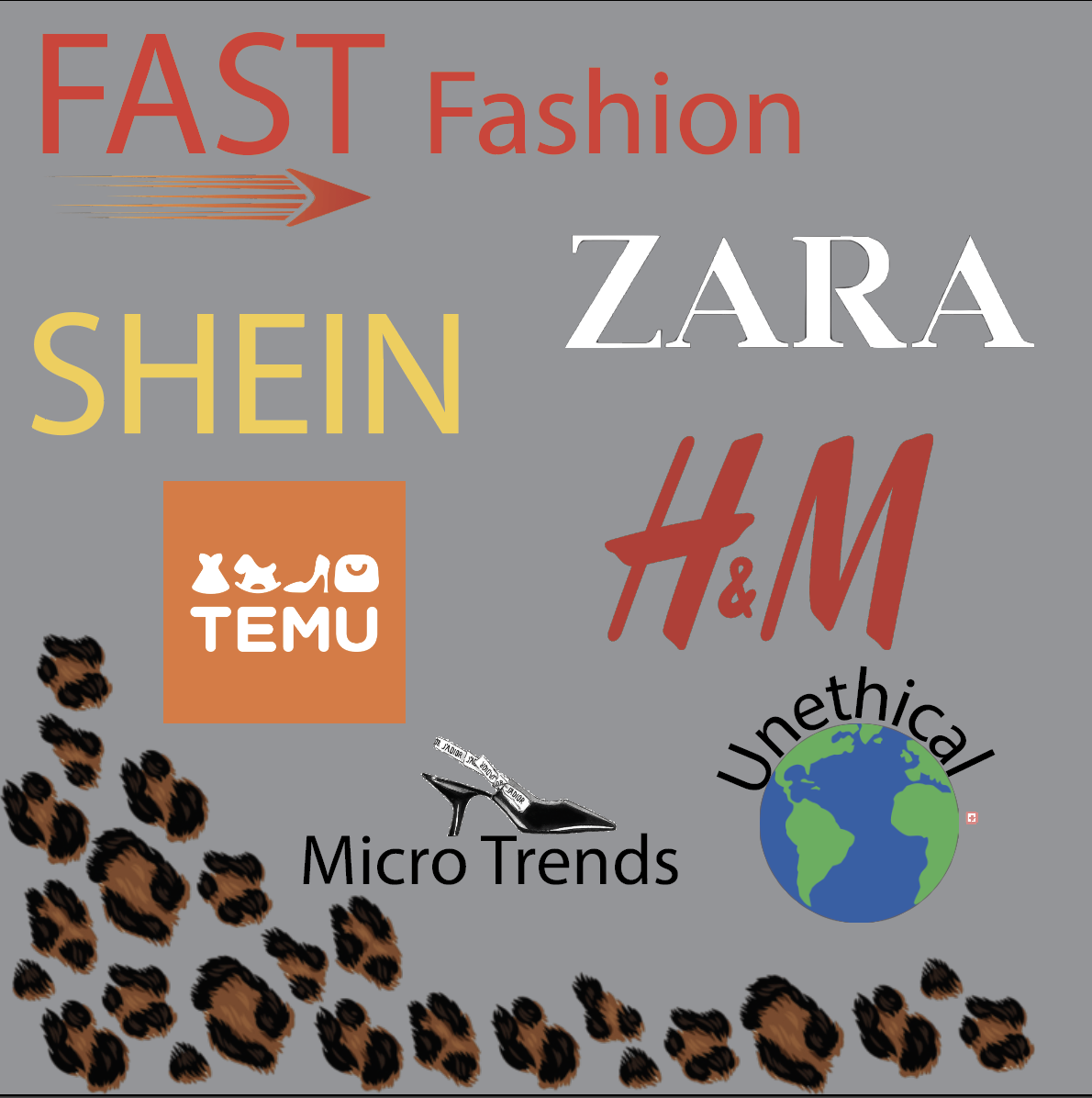


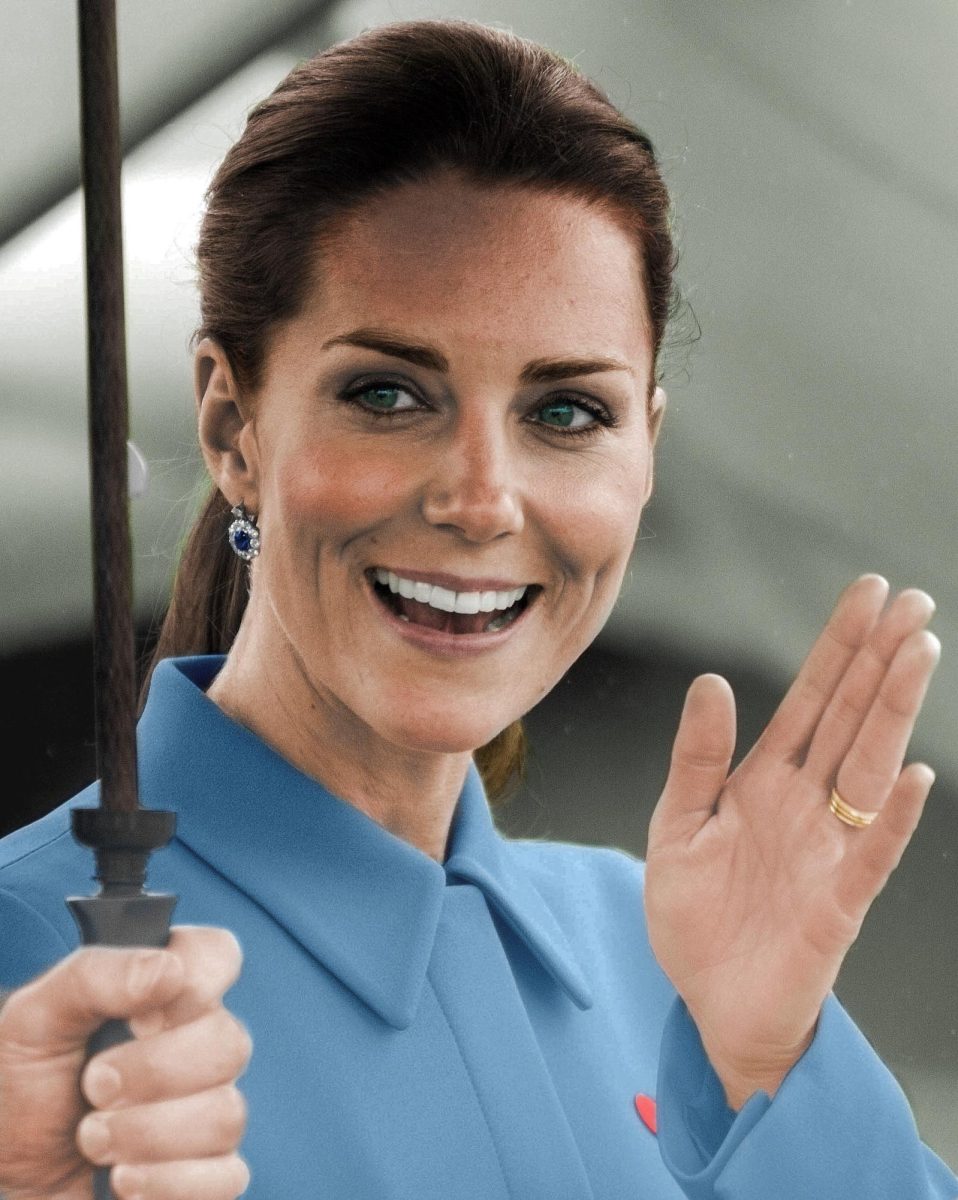


Louris Otero • May 28, 2024 at 8:12 am
Great piece, Gianna. I think it all goes back to “Is it true? Is it kind? Is it necessary?” Celebrity gossip, conspiracies, and jokes around the real lives of celebrities fall under, “Is it necessary?” Although many times these stories are neither kind nor true. I would say the best course of action would be to disengage from the conversation. Don’t “like, follow, and subscribe” to influencers or media outlets who profit from besmirching others.